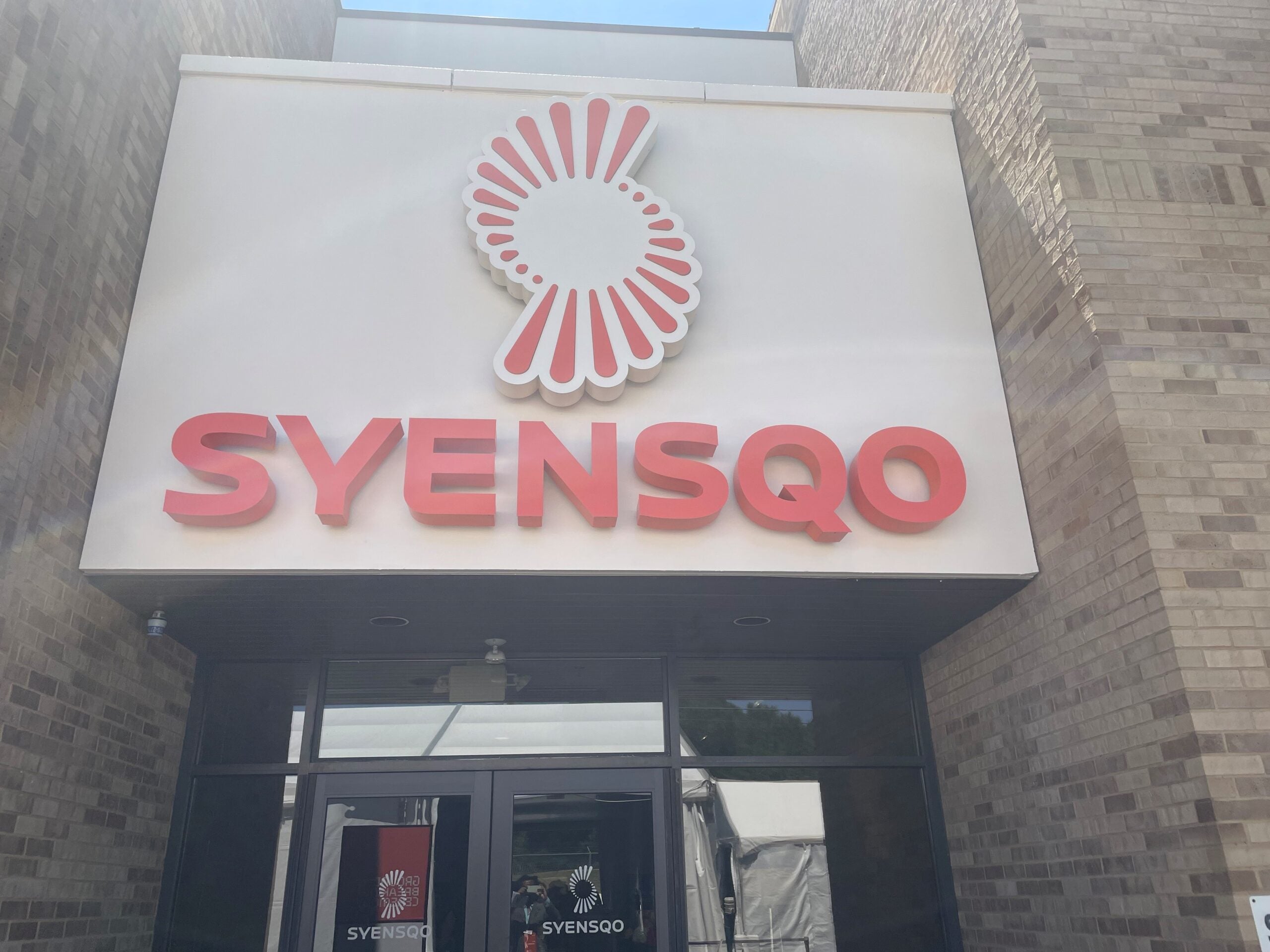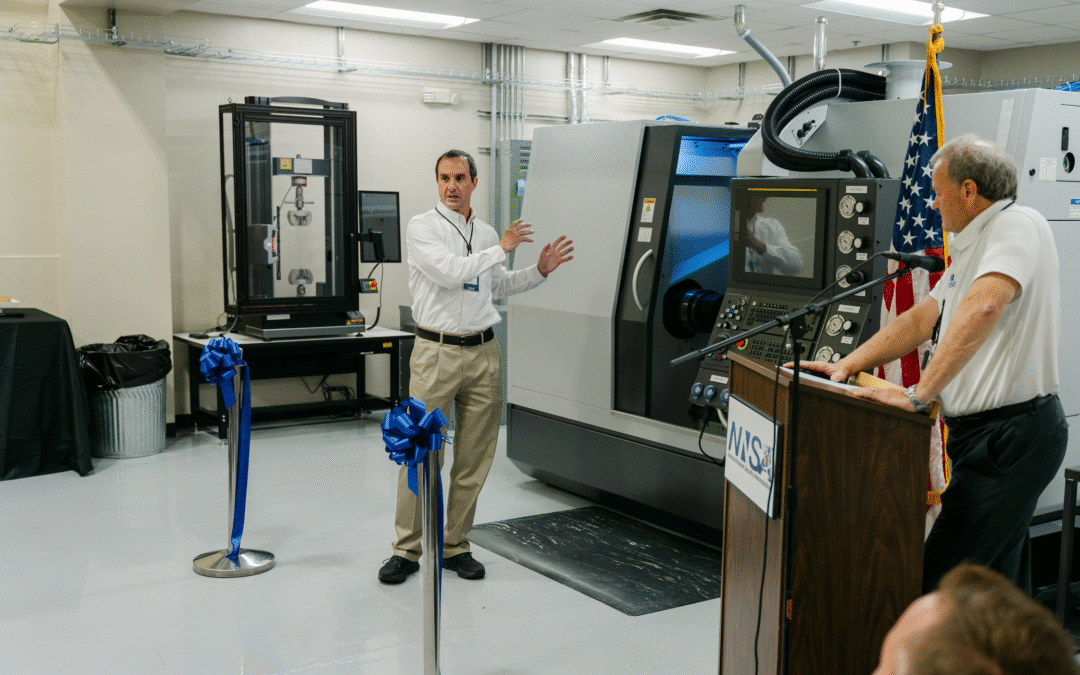Correction note: an earlier version of this story listed First Presbyterian Church of Augusta (FPC) among the organizations that formally requested a public hearing and a comment deadline extension from the Georgia EPD. FPC has since notified TAP that this is inaccurate, and that the FPC is not associated with this matter. The error has been corrected.
A virtual public hearing via Zoom hosted by the Georgia Environmental Protection Division (EPD) on Feb. 4 drew some 80 attendees, airing their concerns about how the upcoming Syensqo manufacturing plant could impact air quality in Augusta.
In April of last year, Sysensqo, the materials production company of Solvay Specialty Polymers, broke ground on its manufacturing facility, an expansion of the current Solvay plant at 3702 Clanton Road In 2022, the Department of Energy (DOE) issued Solvay a $178 million grant to help fund the construction
The plant, projected for completion by 2027, is part of Solvay’s Sarsaparilla Project, a new process line to produce polyvinylidene fluoride (PVDF), a component of electric vehicle batteries.
In February of last year, Solvay applied for a state implementation plan (SIP) construction and operation permit, and for a modification of its current air quality permit, from the Georgia EPD to allow for the Sarsaparilla expansion.
On Dec. 4, 2024, the EPD issued the first draft of this permit, along with a public notice of opportunity to comment. In that notice, the Georgia EPD acknowledged that the new process line would increase emissions of volatile organic compounds (VOC), nitric oxides (NOx), carbon monoxide (CO), sulfur dioxide (SO2) and particulate matter.
The initial deadline for the public to submit comments on the matter, or to request a public hearing, was Jan. 3 of this year.
“There’s a pretty large groundswell people saying, ‘wait a second, this is ridiculous,’” said Tonya Bonitatibus, executive director of the Savannah Riverkeeper. “We don’t even have time to understand what this means.”
On Dec. 31, the Savannah Riverkeeper, alongside more than a dozen other local organizations such as Healthy Communities Augusta and Veterans for Clean Water, formally requested an extension on the comment deadline as well as a public hearing with the EPD, by way of the Southern Environmental Law Center (SELC).
“Solvay’s current permit and this draft Permit Amendment are particularly complex,” stated SELC attorney Patrick Anderson in the formal request, noting the permit’s 15-page long equipment list and a catalogue of more than 400 emission units. “In all, modifications authorized under the Draft Permit would take approximately five years to complete, with Solvay estimating projects will only be completed in 2030.”
The Georgia EPD ultimately obliged, extending the deadline to Feb. 4, and coordinating the Zoom hearing for the same date. This yielded more than 170 comments from the public.
The Savannah Riverkeeper has cited reports from the Environmental Protection Agency (EPA) that Solvay’s CO2 emissions have already increased 79% in the past 10 years, accruing more than 51,000 metric tons. The Riverkeeper has also alluded to reports about Solvay’s nearly $400 million settlement with the state of New Jersey for failure to report the results of tests on humans and animals showing the health risks of chemicals it produced.
“I think that you are going to see a significant shift in all of the planned facilities that have been announced in the last couple of years in Augusta,” said Bonitatibus, noting companies such as PureCycle and Aurubis. “It’s going to be really interesting to watch how and what that means specifically for the community that has already made agreements with these with these companies.”
The ball’s now in the EPD’s court, Bonitatibus says, as concerned Augustans wait to see how the division responds to the outcry expressed in last Wednesday’s hearing.
“I do think it’s this high time we have these conversations,” she said. “Because unfortunately, our air quality is is not improving and doesn’t, doesn’t seem to be headed in the right, right trajectory, from a permitting standpoint, for sure.”
Skyler Andrews is a reporter covering business for The Augusta Press. Reach him at skyler@theaugustapress.com.










